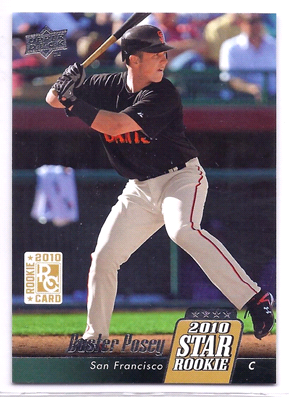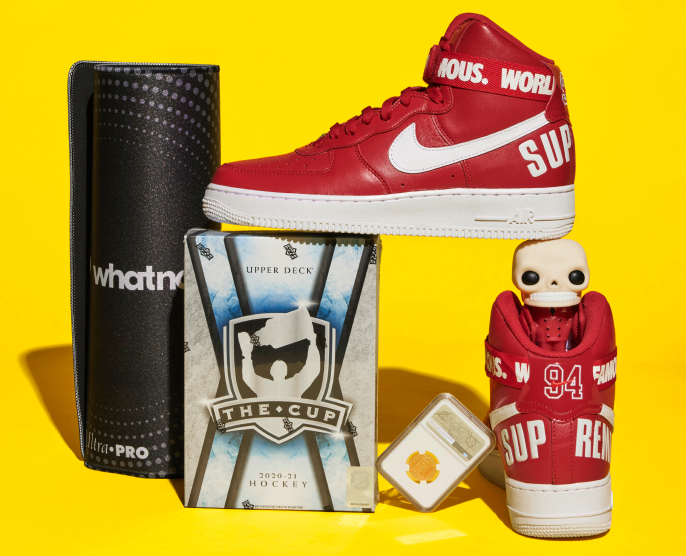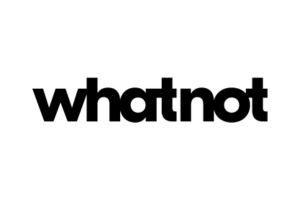
Law of Cards: Is Upper Deck Going to Fight Cleveland Indians Over Tribe Trademark?
As previously reported, Upper Deck's long-pending trademark application (filed in 2007) for TRIBE was recently delayed even longer at the Trademark Office by the Cleveland Indians. Last August, Cleveland requested an extension of time in which it could decide whether or not to formally oppose Upper Deck's bizarre TRIBE filing.
I say bizarre because, as best as I can determine, Upper Deck has not had a product called TRIBE ever, let alone in the last six years while its trademark was pending.
Anyway, reading between the lines, Cleveland's August filing looked to be an olive branch to Upper Deck to see if it could resolve any issues it had with the TRIBE mark without needing to formally oppose the mark. In fact, I predicted that Upper Deck would drop its TRIBE mark given that Cleveland allegedly first used TRIBE as a trademark in 1917.
I was wrong. It looks like settlement talks did not work out, because on January 13, Cleveland formally opposed Upper Deck's mark.
Legal translation: Either Upper Deck did not get back to Cleveland in a timely fashion, or Upper Deck wants to fight over obtaining a trademark registration for TRIBE.
What's the impetus of this opposition?
At the time of Upper Deck's TRIBE filing (way back in 2007), Cleveland had trademark registrations for TRIBE TIME, TRIBE TALK, MY TRIBE, IT'S TRIBE TIME NOW, TRIBE TOWN and I'M IN THE TRIBE, ARE YOU?, etc. But, it did not have a trademark registration for TRIBE by itself.
That's a big oversight. Sure, everyone knows the Indians are called the Tribe, so Cleveland did use the term TRIBE as a trademark. But, come on! You have to protect yourself!
Soon after Upper Deck's 2007 filing, Cleveland tried rectifying the situation by filing its own trademark application for TRIBE. However, since Upper Deck's application was first, it stood in Cleveland's way.
Now, to obtain a registered trademark for TRIBE, Cleveland needs to blow up Upper Deck's application.
How does Cleveland's opposition concern trading cards? Well, not only does Upper Deck's TRIBE application cover "trading cards," among other things, but in Cleveland's opposition, it cites to the settlement agreement from MLB v. Upper Deck in 2010.
Remember that suit? The one where Upper Deck did not have an MLB license, but it still released a product with images of players in uniform? And it thought it could avoid the MLB by carefully selecting pictures of players where their positioning blocked team names and logos?

I mean you can barely make out the GIANTS logo or SF on the helmet.
I believe Upper Deck could have won that lawsuit under First Amendment and/or fair use grounds, but it settled. And now, that settlement is resurfacing to bite Upper Deck.
You see, one of Cleveland's arguments is that in the MLB/Upper Deck settlement, Upper Deck promised it would not use or register any of the MLB or its teams' trademarks. Given that TRIBE is allegedly an MLB team's trademark, Cleveland believes it should win.
What sparked my interest about this argument is not the argument itself. In fact, it's overkill. Cleveland should win this case within six months for the simple fact it has been using the word TRIBE for over a hundred years.
What’s more interesting is the glimpse this case gives of the prior, much larger MLB v. Upper Deck lawsuit, and how its settlement potentially affects future Upper Deck business.
For the current opposition, Cleveland reproduced the relevant parts of the MLB/Upper Deck Settlement Agreement, including the section where MLB Marks are defined:
…any of the MLB Entities’ trademarks, service marks and trade names and the trademark names owned and used by each of the MLB Entities and/or under which each of the Clubs competes, along with all other names, trademarks . . . owned, controlled or cleared for use by or on behalf of and/or applied for in or registered with any government trademark office (irrespective of the class or nature of goods and services for which an application has been made or registration issued), by any of the MLB Entities . . ., including . . . Cleveland Indians . . .
Cleveland also contends that in the Settlement Agreement, Upper Deck 1) “acknowledge that all rights, title and interest to the MLB Marks . . . belong to the individual MLB Entities”; 2) agreed that it would “make no use of any MLB Marks without a license or other consent from the appropriate MLB Entity”; and 3) further agreed not to “use, seek to register or register the MLB Marks” in connection with “any and all goods or services."
Legal translation: Among other things, Upper Deck can't "use" or "register" any MLB Marks.
Yikes! Potentially, Upper Deck can't refer to teams by name on its cards unless it gets permission.
Talk about a limitation on its speech.
Because this language appears in a settlement agreement between Upper Deck and MLB, it's a contractual limitation on how Upper Deck can run its business. And breach of contract claims are easier than trademark cases. To win a contract claim, all you need to show is 1) offer, 2) acceptance and 3) consideration (i.e., some kind of payment). Here, Upper Deck allegedly accepted the offer (by signing the settlement agreement), and the consideration was (likely) that the MLB v. Upper Deck lawsuit went away.
This is important because the MLB/Upper Deck contractual limitation does not apply to other card companies unless they have contracts with MLB that have similar language.
Now, I'm sure MLB believes every card manufacturer needs a license to even refer to its teams on cards. However, if it wants to enforce such limitations against other companies (companies without MLB contracts), it'll need to bring trademark claims. Trademark cases are messy with nebulous factors that focus on whether or not there is a "likelihood of confusion" among consumers. They are not as straightforward as contract actions, and therefore are more expensive and time consuming. Because of this, the results of trademark cases are, most times, difficult to predict.
And depending on what the alleged infringers are doing, there's a chance MLB could lose those actions on First Amendment or fair use grounds…the same defenses Upper Deck raised against MLB in 2010 before it entered in the settlement agreement now hanging over its head.
That settlement agreement provides an easier contractual route for the MLB (or Cleveland here) to get an upper hand on trademark claims with Upper Deck. Here, it's basically that Upper Deck agreed not to do this. So, now it needs to stop.
The moral of the story: be careful when settling cases, because they could affect seemingly unrelated business transactions later down the road. I mean, do you think Upper Deck thought when it settled the MLB lawsuit (which basically focused on trading cards showing players wearing team uniforms), it would later affect its attempt to receive a registered trademark?
The information provided in Paul Lesko's "Law of Cards" column is not intended to be legal advice, but merely conveys general information related to legal issues commonly encountered in the sports industry. This information is not intended to create any legal relationship between Paul Lesko, the Simmons Browder Gianaris Angelides & Barnerd LLC or any attorney and the user. Neither the transmission nor receipt of these website materials will create an attorney-client relationship between the author and the readers.
The views expressed in the "Law of Cards" column are solely those of the author and are not affiliated with the Simmons Law Firm. You should not act or rely on any information in the "Law of Cards" column without seeking the advice of an attorney. The determination of whether you need legal services and your choice of a lawyer are very important matters that should not be based on websites or advertisements.
 | Making purchases through affiliate links can earn the site a commission |




























